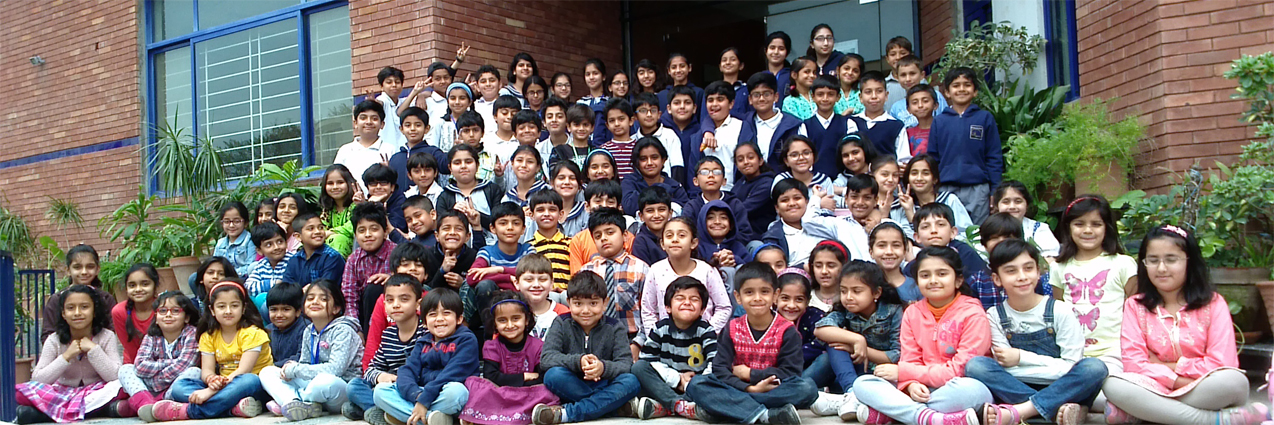Home / Academic Process / Junior-School
Junior School

The curriculum includes Language Arts, Mathematics, Science and World Studies as core subjects, with music, art and physical education forming an integral part of the syllabus and inter-related to the children’s normal activities. The themes of environment conservation, healthy living and responsible freedom are interlinked within the entire curriculum.
At Khaldunia, we believe in creating a friendly and relaxed atmosphere in which a child can express him or herself freely. The School functions as a family in which each individual plays an important role. The children are credited with their own achievements and not adjudged in comparison to their peers – thus the criterion for assessment is normative learning
